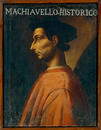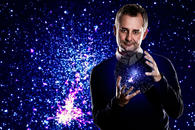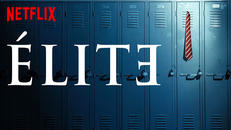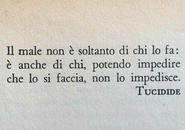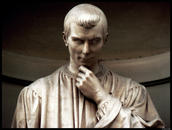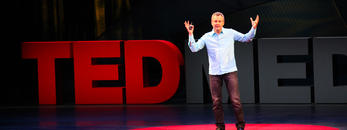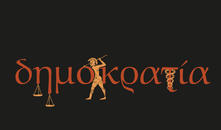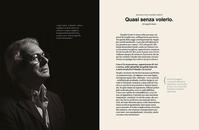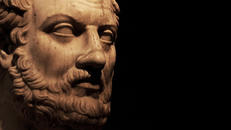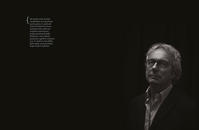Élite
1) Albert-László Barabási, Hungarian scientist, has theorized the scientific principles and (unspoken) rules that underlie success. At the end of his in-depth logical-rational argument, he states that fame, glory and celebrity have all undergone a genetic mutation in recent years, tending towards stupidity. The "medium" that made this genetic mutation possible is the web – and in particular the much-loved social media, the bilge of all human stupidity.
2) Roberto Casati deals with skills related to politics. He hopes more than anything to be governed by someone who is much better, more competent, organized and far-sighted than he, at least in that particular sector - as he would not like to be operated on by a surgeon less equipped at handling the scalpel than he is. He goes on to state that if these assumptions are considered to be acceptable, we must admit that the much-maligned elite are needed. He continues by analyzing how to select them, these elite designed to govern us, listing only three possibilities:
- Darwinian selection: by randomly electing someone and seeing how far he gets along. If you dig your country into the ground, you move on: sooner or later someone capable will dig you out. Obviously, this solution requires very high risk, in addition to costs that are certainly onerous.
- apprenticeship: we subject the eligible candidate to lengthy experience in the parties, so that they accumulate the necessary skills in the field. In this case, we are in the hands of a political apparatus that is perpetuated, with the relative, not indifferent, risks and costs.
- training: we create a high-level developmental path starting at nursery school. From time to time, the chosen one may make mistakes, but normally we will be able to manage the risks and costs, which may even be planned.
3) Massimo Firpo highlights the authoritarian drift of many alleged democracies, capable of largely manipulating mass consensus to break the rules that constitute the very soul of democracy. The application of popular volition will dominate, to which we attribute the right to lash out against every elite, ridiculed as a parasitic fruit of social privilege and cultural arrogance, thus allowing authoritarian impulses to re-emerge around more or less charismatic leaders.
I find these three moments intimately connected. To make it a generative synthesis (where does all this come from?) one might turn to a book that recently caught my attention, cited by Firpo himself: “Che storia è questa. Gli adulti e il passato” ("What a story this is. Adults and the past,”)a survey of the historical knowledge of Italian adults, structured around interviews conducted via a questionnaire given to a sample population divided into different age groups (from 20-29, to over 79) with different levels of education, with a large number of university graduates. The result is a picture of a disconcerting ignorance even on the issues of recent history. More than answers to questions, parts of the questionnaire seem like jokes (the Renaissance coincides with the Belle Époque, the racial laws of 1938 issued against Muslims, the Second World War in which Italy is among the winners and Russia among the losers ... ), but beyond the innumerable nonsense, the most significant fact is that the most illiterate age group in the historical field is the youngest, the one that studied history most recently (some even with a master’s degree in the humanities!). It is frankly difficult to believe that university students and university graduates believe the Italian unity occurred in 1601 or 1950, yet it is precisely the case if one has the courage to scratch the surface of the "piece of paper" handed to them at graduation – which, by the way, seems to no longer be denied to anyone. The result is a return to illiteracy, which becomes even improper to define "a return," even if the graduates seem to be just as illiterate as the illiterate.
History is the closest knowledge to politics, if not truly a part of politics, since Thucydides reflected on the clash between Sparta and Athens and Machiavelli wrote Il Principeafter immersing himself in the readings of the ancient Romans. Nor is it necessary to refer to the author with the greatest foresight, Giacomo Leopardi, who by disavowing the age of Enlightenment and the prevailing scientism, strongly urged to look to the past, remembering that without the past there is no future ("the past is capable of providing a medical history of the present and therefore a therapy for the future.")
With this the discourse returns to point number 2, to the elite and the selection of a political class able to face general and complex issues with competence and awareness: without a serious training course, we will never have hope of being able to raise people more capable than the people they are chosen to represent. A people or population that as a whole is stupid and is forced, willy-nilly, to exalt those just as stupid as they are. Not for any other reason other than the natural, primary, and paradoxically Darwinian principle of survival. I would dare to say "identification," given the times.
24/09/2019 Filippo Maglione

